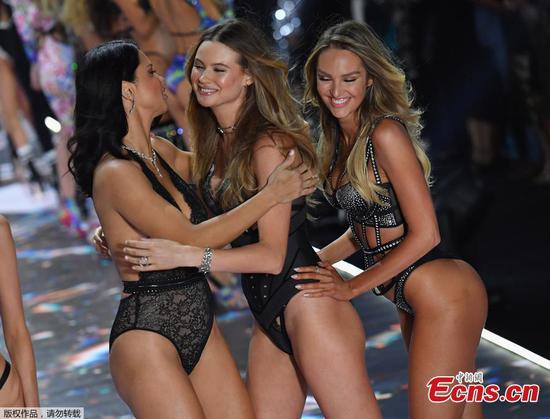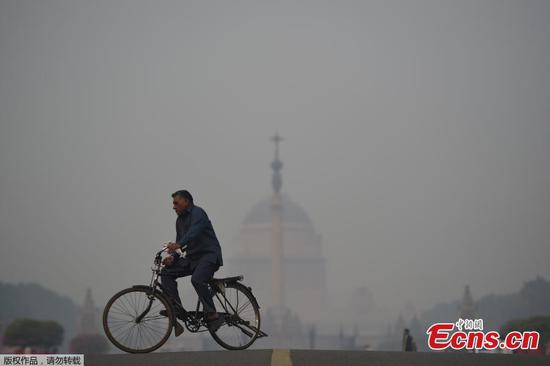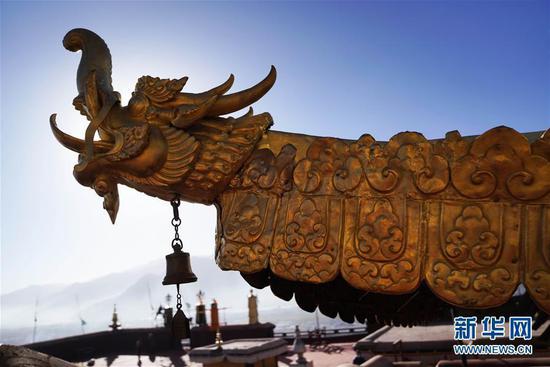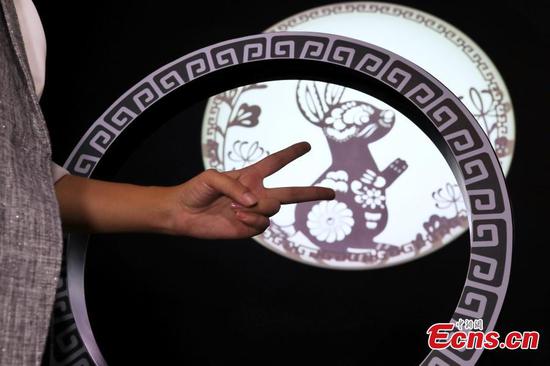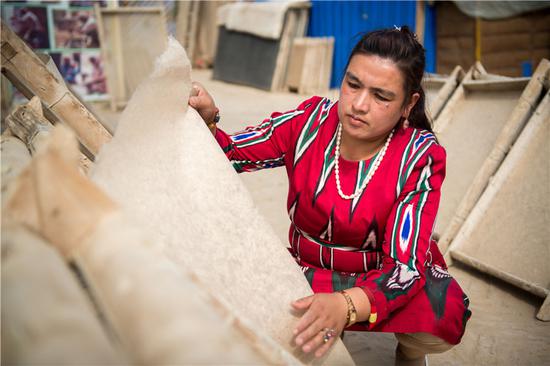Unilateralism was broadly condemned Friday at a UN Security Council meeting, with more than 70 speakers outlining their visions of multilateralism for the 21st century.
While many commended the lofty ambitions that gave birth to the UN, some voiced concern about the largely "unbridgeable gap" between those goals and the global organization's achievements.
MULTILATERALISM UNDER STRESS
UN Secretary-General Antonio Guterres said in his opening remarks that in just a few days the world will observe the 100th anniversary of the end of the First World War, "a colossal tragedy and a frightening harbinger of bloody decades to follow."
While the global structures established 70 years ago have "a proven track record" of saving lives, generating economic and social progress and preventing war, multilateralism today is "under immense stress."
Warning that trust is declining within and among nations, he said that people are losing faith in political institutions and seem less able to cooperate, even as complex global challenges are on the rise.
Joao Pedro Castanheira do Vale de Almeida, head of the delegation of the European Union to the UN, one of several regional blocs participating in the debate, said that multilateralism is not only a more equal and democratic way to deal with international affairs, but the only realistic way to address national interests.
Europeans have advanced those interests over the past 60 years through multilateralism, rather than in spite of it, he said, adding that an effective multilateral system with a strong UN at its core is needed to address the various global challenges.
Abdulqawi Ahmed Yusuf, president of the International Court of Justice, said multilateralism "is critical to sustaining an international legal order." In fact, without a framework for predictability and stability, the rule of law would disappear.
Describing multilateralism as the result of human experience and civilization in a world in which all have become neighbors, he said bilateral relations cannot create institutions that are able to decide cases on the basis of objective, established principle.
U.S. ambassador to the UN Nikki Haley stroke a different tone, saying that the taxpayers in her country, the largest contributor to the UN, have at times wondered whether multilateralism has been a bad deal.
Underlining their right to expect a return for their contributions, she said that "multilateralism is not good in and of itself but is a means to an end."
The U.S. diplomat also prodded UN bodies for sometimes acting in a way that does not "deserve the support" of Washington, warning that the UN should not take its most generous donor for granted.
STRONG SUPPORT FOR MULTILATERALISM
In stark contrast to Haley's remarks, most of the speakers at the UN meeting voiced strong support for multilateralism.
Russian Ambassador to the UN Vassily Nebenzia said that powerful states should not use their dominance to brazenly circumvent the Security Council's resolutions or behave in unilateral ways.
Citing a string of unilateral moves by Washington in the past several years, from military interventions in the Middle East and violations of World Trade Organization agreements to the withdrawal from various global accords, Nebenzia said that Washington often uses false pretexts to justify its unilateral moves, leaving only disastrous results for the region and the world.
"True multilateralism is founded on inclusion instead of exclusion, cooperation instead of confrontation," said Iran's UN ambassador Gholamali Khoshroo.
Highlighting the U.S. withdrawal from the Iran nuclear deal, he said that the global community "should not allow the United States to pursue its unilateral, arrogant and self-centered policy" as such actions would result in a world order founded on power, not law.
Venezuela's permanent representative to the UN Samuel Moncada Acosta, who spoke for the Non-Aligned Movement, echoed concerns about the growing trend in some countries to resort to unilateral sanctions that undermine the UN Charter and international law as a whole.
The permanent representative of Ethiopia to the UN Taye Atske Selassie Amde, urging the UN to learn not only from its past success but also from its mistakes, said the main question now is how to make the organization more effective and efficient facing 21st century challenges.
Also underlining the Charter principles of sovereignty, territorial integrity, independence and non-interference in states' domestic affairs, he said the UN must remain at the core of the world's multilateral system and is "ultimately an organization we can't live without."











